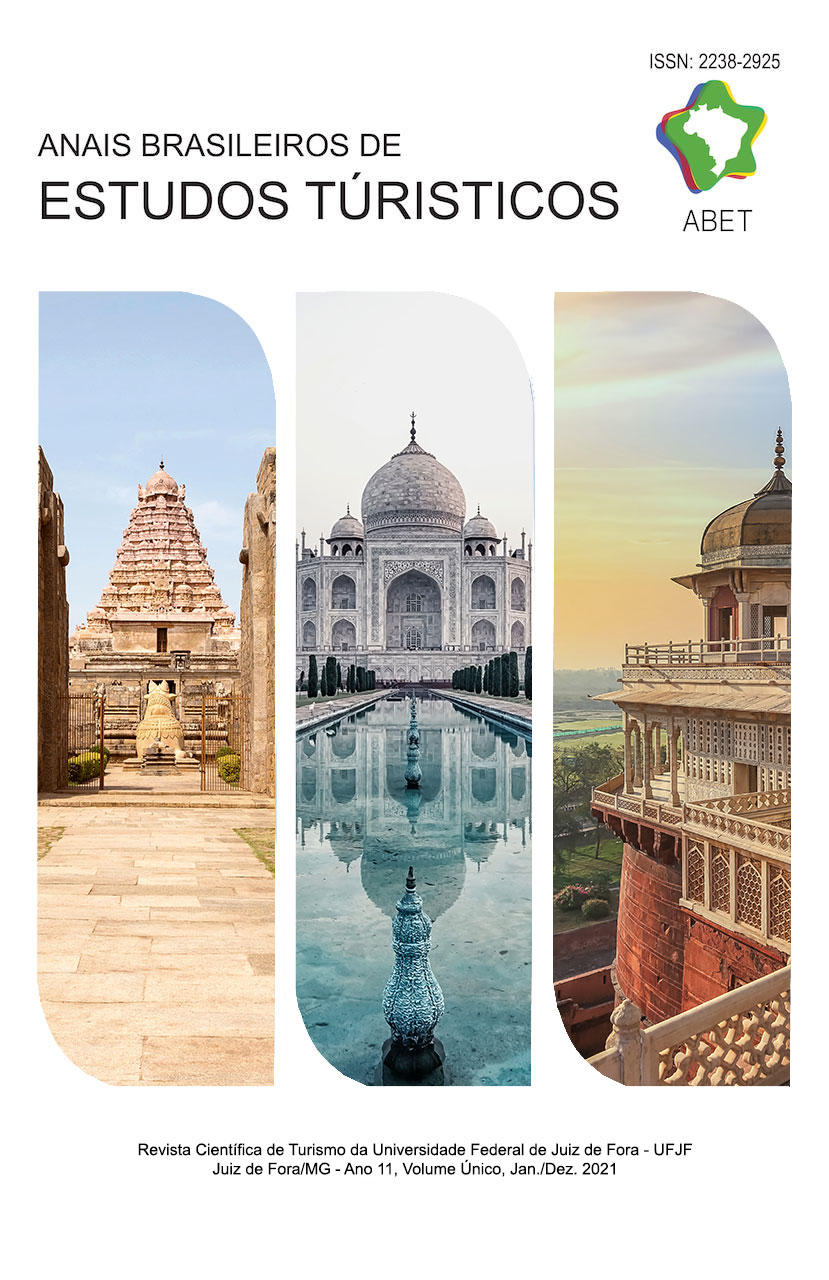Tourism Industry in Russia and Global Covid-19 Pandemic: Threats, Counteractions, Trends
DOI:
https://doi.org/10.5281/zenodo.5770991Abstract
The present paper is dedicated to COVID-19 pandemic impact that manifested itself around the world since the end of 2019 and significantly affected the tourism and hospitality industry. In Russia and in the world, tourism is among industries the most affected by the consequences of restrictions and anti-epidemiological measures against COVID-19. The article divides the examples of mechanisms for overcoming the epidemic consequences in tourism, developed by different states and in Russia, in 9 groups (categories), and considers them in a comparative aspect. COVID-19 exacerbated relationship problems between two main subjects of the tourism market - tour operators and travel agents. Numerous mechanisms of government supporting Russian tourism industry do not work to the full and are not effective enough. The article discusses these problems, highlights the main trends and prospects of the tourism industry in Russia and in the world, and tries to outline the contours of the "post-Сovid" future of the tourism sector. The industry is in deep crisis, but at the same time, it expects new breakthrough ideas and technologies, creative solutions and non-standard proposals. Probably, the tourism projects, formed on these foundations and mechanisms, will become new drivers of industry growth after the end of the pandemic.
Key words: Tourism industry; COVID-19 pandemic impact on tourism; Tourism industry in Russia; Global tourism crisis; Trends and measures to supporting subjects of the tourism market.
Downloads
Downloads
Published
How to Cite
Issue
Section
License
Copyright (c) 2021 Anais Brasileiros de Estudos Turísticos - ABET

This work is licensed under a Creative Commons Attribution 4.0 International License.
This journal provides immediate open access to its content, following the principle that providing free scientific knowledge to the public provides greater democratization of world knowledge.
Authors must agree to the following terms relating to copyrights:
(a) Authors keep all copyright and grant the to the journal the right of first publication, with the work simultaneously licensed under the Creative Commons Attribution License that allowing job sharing with recognition of authorship of the work and initial publication in this journal.
(b) Authors are allowed to assume additional contracts separately, for non-exclusive distribution of the version of the work published in this journal (e.g. publish in institutional repository or book chapter), with recognition of authorship and initial publication in this magazine.
(c) Authors are allowed and are encouraged to publish and distribute their work online (e.g. in institutional repositories or on your personal page) since they do not do this before or during the editorial process, as this can generate productive interchange, as well as increase the impact and citation of work aired. (See Effect of Free Access).















